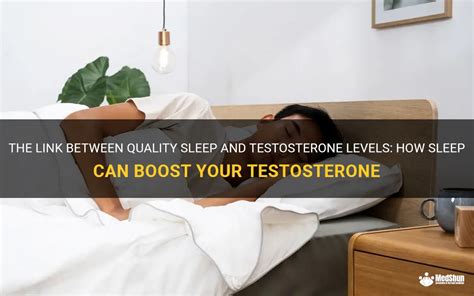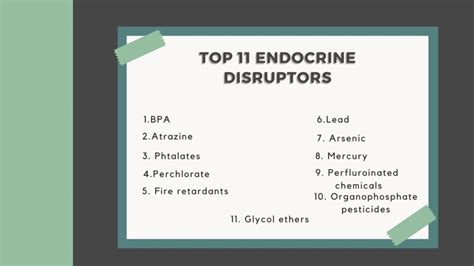How to naturally optimize testosterone for peak strength, energy & focus?

Understanding the Power of Testosterone
Testosterone, often hailed as the male hormone, plays a pivotal role in far more than just muscle growth and libido. Optimal levels are crucial for maintaining peak physical strength, sustaining high energy levels throughout the day, and fostering sharp mental focus and clarity. While synthetic interventions exist, a holistic, natural approach to testosterone optimization offers sustainable benefits without the associated risks. This guide explores scientifically-backed strategies to naturally boost your testosterone, transforming your overall well-being.
Fuel Your Body: The Nutritional Foundation
Your diet is perhaps the most significant lever you can pull to influence hormone production. To support healthy testosterone levels, prioritize nutrient-dense whole foods while minimizing processed items.
- Healthy Fats: Cholesterol is a precursor to testosterone, so don’t shy away from healthy fats. Incorporate sources like avocados, nuts (almonds, walnuts), seeds (chia, flax), olive oil, and fatty fish (salmon, mackerel) into your daily diet.
- Quality Protein: Adequate protein intake is essential for muscle repair and overall hormonal health. Opt for lean meats, poultry, fish, eggs, and plant-based proteins like legumes and tofu.
- Crucial Micronutrients: Certain vitamins and minerals are direct co-factors in testosterone synthesis. Ensure you’re getting enough zinc (found in oysters, beef, pumpkin seeds), Vitamin D (sun exposure, fatty fish, fortified foods), and magnesium (leafy greens, nuts, dark chocolate). Consider a high-quality supplement if dietary intake is insufficient, especially for Vitamin D.
- Limit Sugar & Processed Foods: High sugar intake can lead to insulin resistance and inflammation, both of which negatively impact testosterone production. Reduce or eliminate sugary drinks, refined carbohydrates, and highly processed snacks.

Move Your Body: Exercise for Hormonal Health
Exercise is a powerful natural testosterone booster, but not all workouts are created equal for this purpose.
- Strength Training: Lifting heavy weights, especially compound movements like squats, deadlifts, bench presses, and overhead presses, has been shown to significantly elevate testosterone levels. Aim for 3-4 sessions per week with adequate recovery.
- High-Intensity Interval Training (HIIT): Short bursts of intense exercise followed by brief recovery periods can also stimulate testosterone production. Incorporate HIIT into your routine 1-2 times a week.
- Avoid Overtraining & Chronic Cardio: While exercise is beneficial, excessive long-duration cardio or overtraining can lead to increased cortisol (a stress hormone) and decreased testosterone. Listen to your body and prioritize recovery.
Prioritize Sleep: The Nightly Recharge
Sleep is when your body repairs, recovers, and produces vital hormones, including testosterone. Chronic sleep deprivation can drastically lower your T-levels.
- Aim for 7-9 Hours: Consistent, quality sleep is non-negotiable. Make it a priority to get at least 7-9 hours of uninterrupted sleep each night.
- Optimize Your Sleep Environment: Create a dark, quiet, and cool bedroom. Avoid screens (phones, tablets, TVs) at least an hour before bed. Establish a consistent sleep schedule, even on weekends.

Manage Stress: Cortisol’s Counterpart
In our fast-paced world, chronic stress is a silent killer of testosterone. When stressed, your body releases cortisol, which directly competes with testosterone and can suppress its production.
- Mindfulness & Meditation: Incorporating daily meditation, deep breathing exercises, or mindfulness practices can significantly reduce cortisol levels.
- Nature & Hobbies: Spending time in nature, engaging in relaxing hobbies, or simply setting aside time for leisure can help de-stress and restore hormonal balance.
- Time Management: Proactive planning and setting boundaries can help reduce feelings of overwhelm and chronic stress.

Lifestyle Tweaks for Optimal Hormone Function
Beyond the core pillars, several other lifestyle factors can contribute to healthy testosterone levels.
- Get Enough Sunlight: Natural sunlight exposure helps your body produce Vitamin D, which is crucial for testosterone synthesis. Aim for 15-30 minutes of direct sun exposure daily, when possible.
- Limit Alcohol Consumption: Excessive alcohol intake can interfere with hormone production and metabolism in the liver, leading to lower testosterone.
- Avoid Endocrine Disruptors: Be mindful of exposure to chemicals found in plastics (BPA), certain pesticides, and personal care products, as these can mimic hormones and disrupt your endocrine system.

Consistency is Key
Naturally optimizing testosterone is not a quick fix but a journey requiring consistent effort across multiple facets of your life. By integrating these dietary, exercise, sleep, and stress management strategies into your routine, you can create a powerful synergy that promotes healthy testosterone levels. This holistic approach will not only boost your strength, energy, and focus but also contribute to an overall healthier, more vibrant life. Remember to consult with a healthcare professional before making significant changes to your diet or exercise regimen, especially if you have underlying health conditions.










